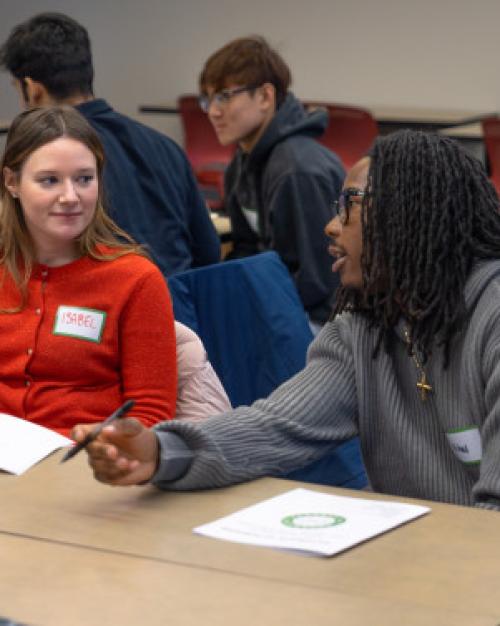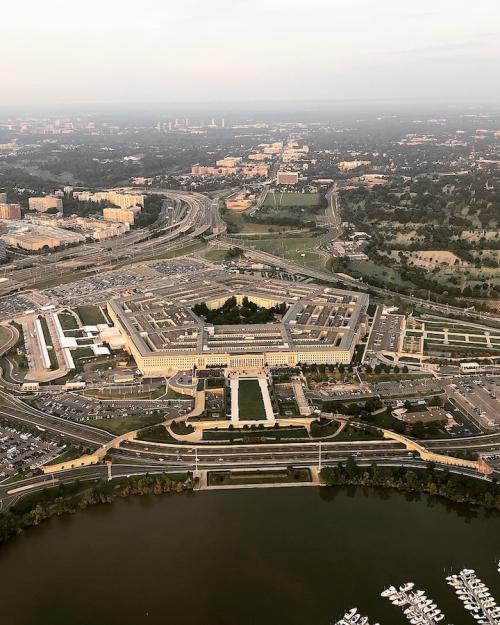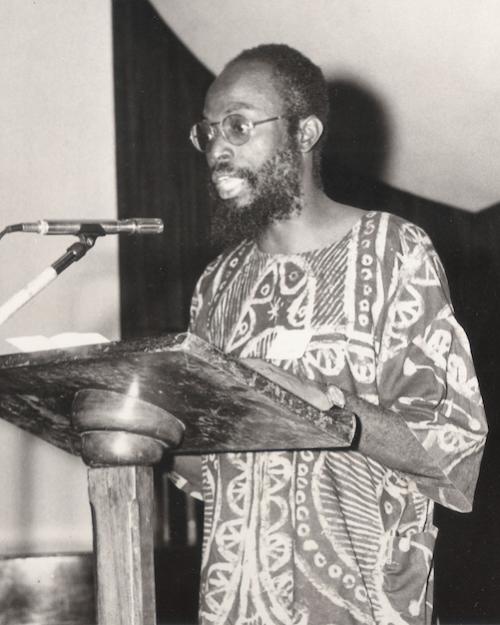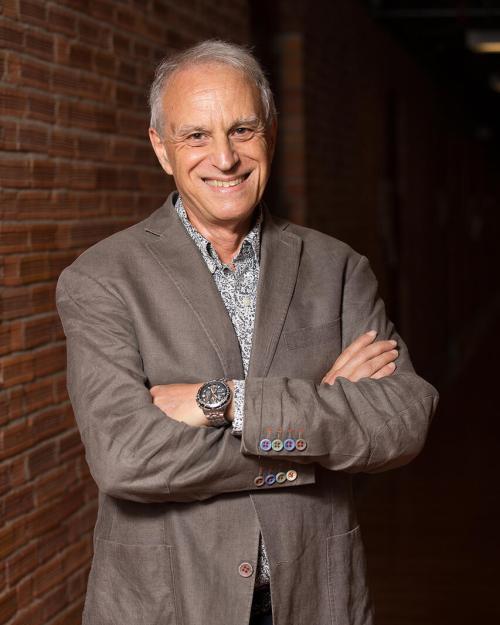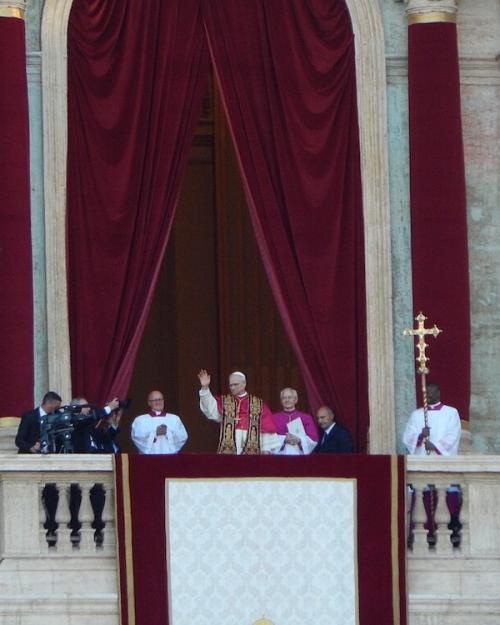Cardinal Robert Prevost, a Chicago-born U.S. citizen and naturalized Peruvian after decades of service there, is now Pope Leo XIV.
Landon Schnabel, an associate professor of sociology in the College of Arts & Sciences who studies religion and social change, suggests that the historic selection reflects Catholicism's evolving global identity.
Schnabel says: “As both American-born and Peruvian citizen, Leo XIV bridges North and Latin American Catholic experiences while acknowledging Catholicism's demographic reality—its center of gravity, like the new pope, has moved from north to south.
“Leo XIV inherits a Church at odds with itself. While Catholicism expands in the Global South, its North American presence persists through immigration rather than retention of native-born members. The Church that once shaped American cultural life now finds itself just one voice among many, with diminishing influence even over its own adherents.
“The gap between official doctrine and lived Catholic practice defines modern Catholicism. On issues from contraception to divorce to same-sex relationships, Catholics increasingly treat Church teachings as optional guidance rather than binding directives.
“As a centrist with views that vary across issues, Leo XIV faces a stark choice: double down on doctrinal purity or acknowledge how Catholicism functions dynamically in people's lives. His ultimate test will be articulating a Catholic vision broad enough to engage believers across vastly different cultural contexts yet concrete enough to provide meaningful spiritual direction in a world where institutional religion no longer commands automatic authority.”
